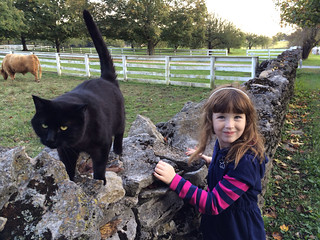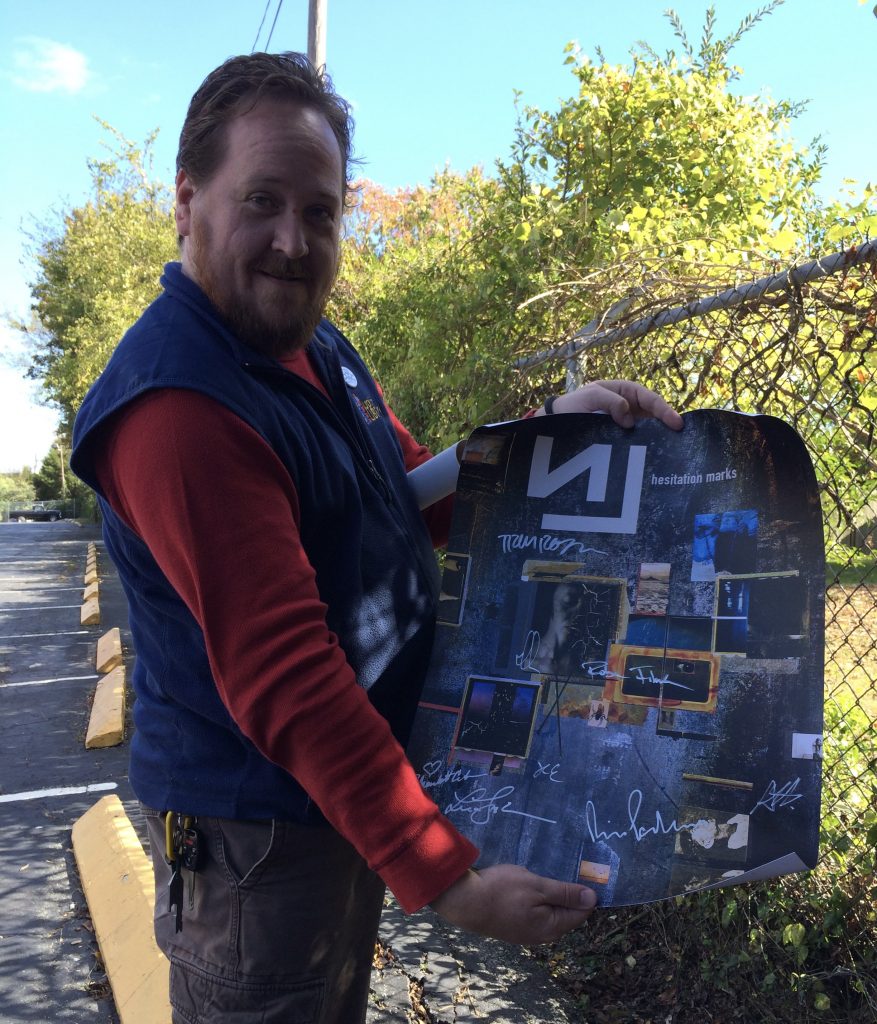With all of the discussion and fervor surrounding the ALA Statement of Appropriate Conduct at ALA Conferences (hereafter Code of Conduct) around the various library virtual communities (on Twitter, on Blogs, on Facebook, etc). There are several posts that stand out, (yes, all of those are from Andromeda Yelton, for my money she’s been the most consistent and thoughtful voice among many), but for a comprehensive read I suggest heading over to Lisa Rabey’s blog and following her timeline of discussions.
I have a suggestion that I’d love to see happen with the Code of Conduct. Someone (either ALA itself, or another group/individual) should:
- Reframe and present the Code of Conduct in such a way to allow for co-signers from other Library groups.
- Edit to make the language applicable to any Library conference.
- Put the text into a system that allows for change tracking and electronic signatures.
- Provide a space both for organizations to sign on, and for individual librarians to make a pledge to only attend conferences that have a Code of Conduct of this type.
This would allow state and international library organizations to easily have their own Code of Conduct for their local conferences, without everyone having to reinvent the wheel. I expect that the ALA’s Code is going to be a moving target, with edits to it for clarity and expansion of understanding, and so any system that does have a signatory function would need to track the version that was signed, or some other diff functionality showing how the Code has evolved.
Regardless of how it’s actually implemented, I think this would be a huge move forward, and would prevent local/state/international organizations from wasting enormous amounts of time drafting their own Codes. It would also ensure the spread of what I believe to be a very, very positive move for Librarianship. I’m thrilled by the positive feedback that the CoC has gotten, and I hope that someone somewhere can make the above happen so we can ease the burden for anyone who wants to participate, at any level, not just with the ALA.




